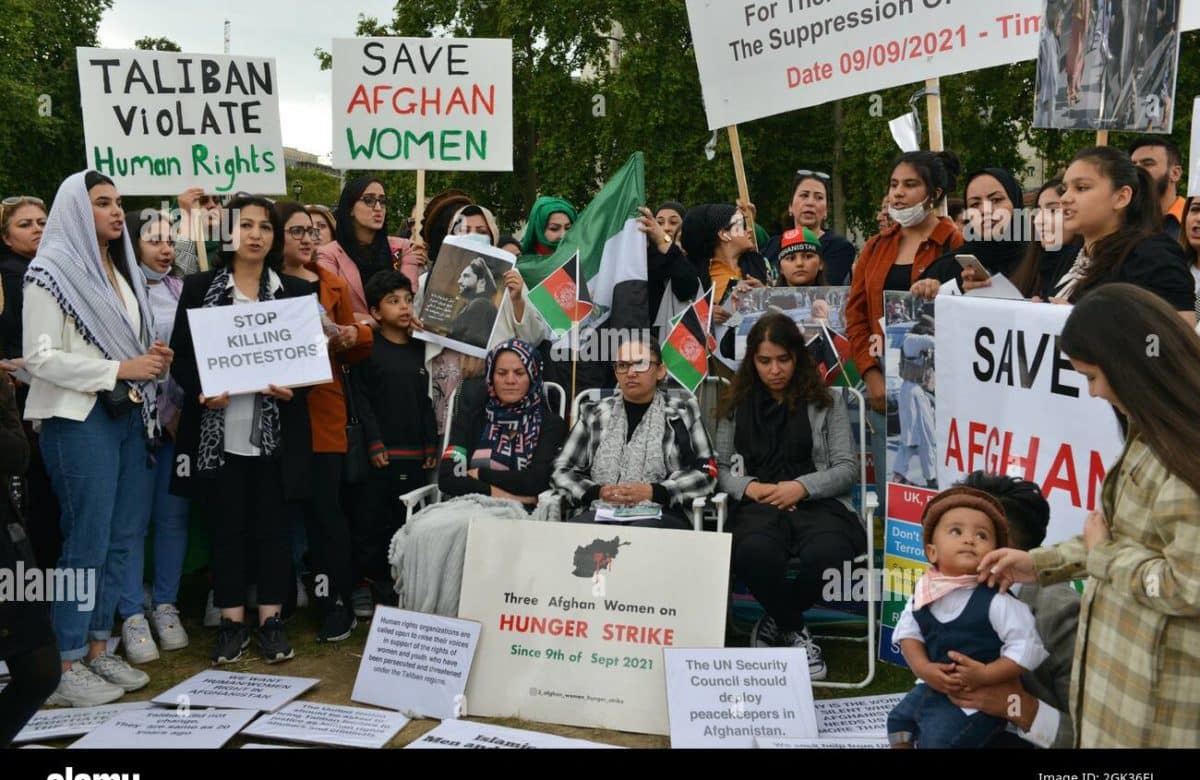
Germany approves tougher migration measures
آلمان اقدامات سختگیرانه تر مهاجرت را تصویب کرد
اولاف شولتز صدر اعظم آلمان و رهبران منطقه توافق کردند که سیستم فناوری اطلاعات را برای تسریع اخراج ها، افزایش حداکثر مدت بازداشت از 10 روز به 28 روز و دستیابی به “مشارکت مهاجر” جدید با کشورهای مبدا، مدرن کنند. نخست وزیر این کشور خواستار «تغییر» در سیاستهای مهاجرت به منظور رسیدگی به پروندههای پناهندگی در مرزهای خارجی اتحادیه اروپا یا کشورهای ثالث در بحبوحه افزایش حملات به اقامتگاههای پناهجو است.
اولاف شولز صدراعظم آلمان و سران 16 ایالت آلمان در نشست “بسیار سازنده” پناهجویان در 10 می توافق کردند تا اقدامات سخت تری را برای مقابله با مهاجرت ارائه کنند. این توافق در پی فشار رهبران منطقه در مورد تعداد فزاینده پناهجویان و کمبود مسکن و فضا در مراکز آموزشی صورت گرفت.
بر اساس گزارش AIDA ECRE، در سال 2022 در مجموع 244,132 متقاضی برای حمایت بین المللی در این کشور درخواست داده اند که عمدتاً از سوریه، افغانستان و ترکیه، علاوه بر میلیون ها نفر از اوکراین وارد شده اند و به بحران پذیرش هر دو اعم از پناهجویان و دارندگان حفاظت موقت اشاره گردیده است.
دولت فدرال به رهبری صدراعظم اولاف شولتس متعهد شد که برای سال 2023 مبلغ پرداختی 1 ملیارد یوروی دیگر را به ایالت های 16 گانه جهت رسیدگی به پناهندگان افزایش خواهد داد.
Germany’s Chancellor Olaf Scholz and regional leaders agreed to modernise IT system to fasten expulsions, extend maximum detention period from 10 days to 28 days and reach new “migrant partnership” with countries of origins. The country’s interior minister calls for a “change” in migration policies to include processing of asylum cases at EU’s external borders or third countries amid an increase in attacks on asylum accommodations.
Chancellor Olaf Scholz and the heads of Germany’s 16 states agreed in the “very constructive” refugee summit on 10 May to introduce tougher measures to tackle migration. The agreement comes following a pressure from regional leaders concerning the growing number of asylum seekers and the lack of housing and spaces in education facilities.
ECRE’s AIDA Report on Germany reported that in 2022, a total of 244,132 applicants lodged applications for international protection in the country, mainly from Syria, Afghanistan and Turkey in addition to the million people who arrived from Ukraine and pointed out the reception crisis for both asylum seekers and temporary protection holders.
The federal government led by Chancellor Olaf Scholz will increase the lump sum paid to the 16 state governments to deal with refugees by €1 billion ($1.1 billion) for the year 2023.
Main Resource Link
- Tags
- Europe



